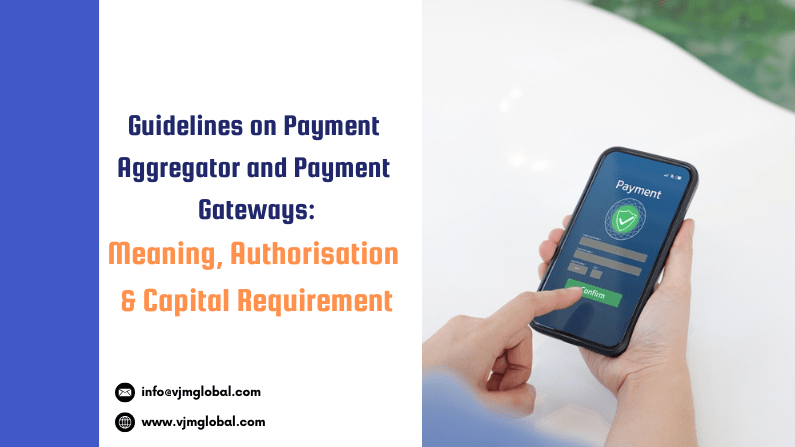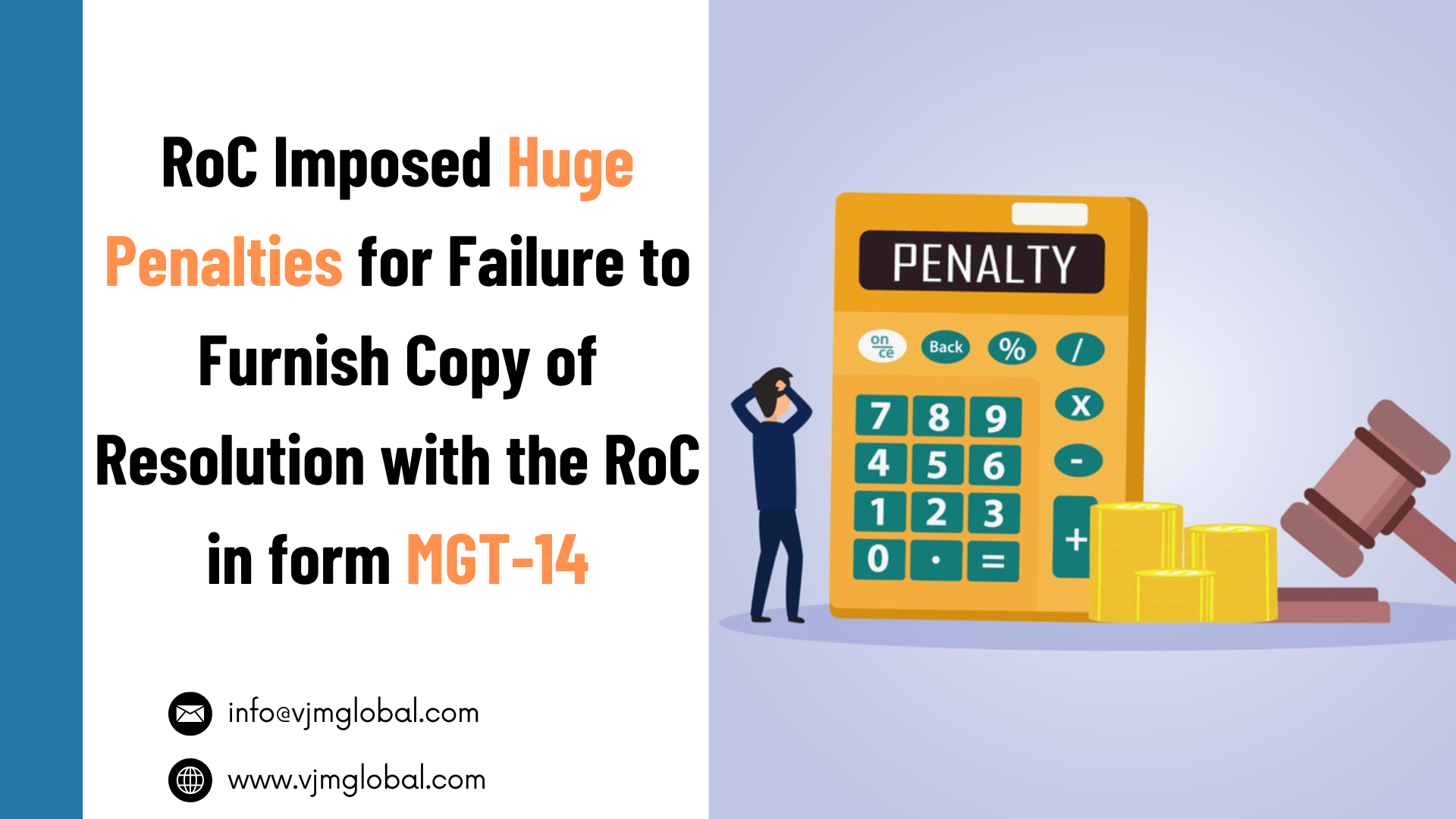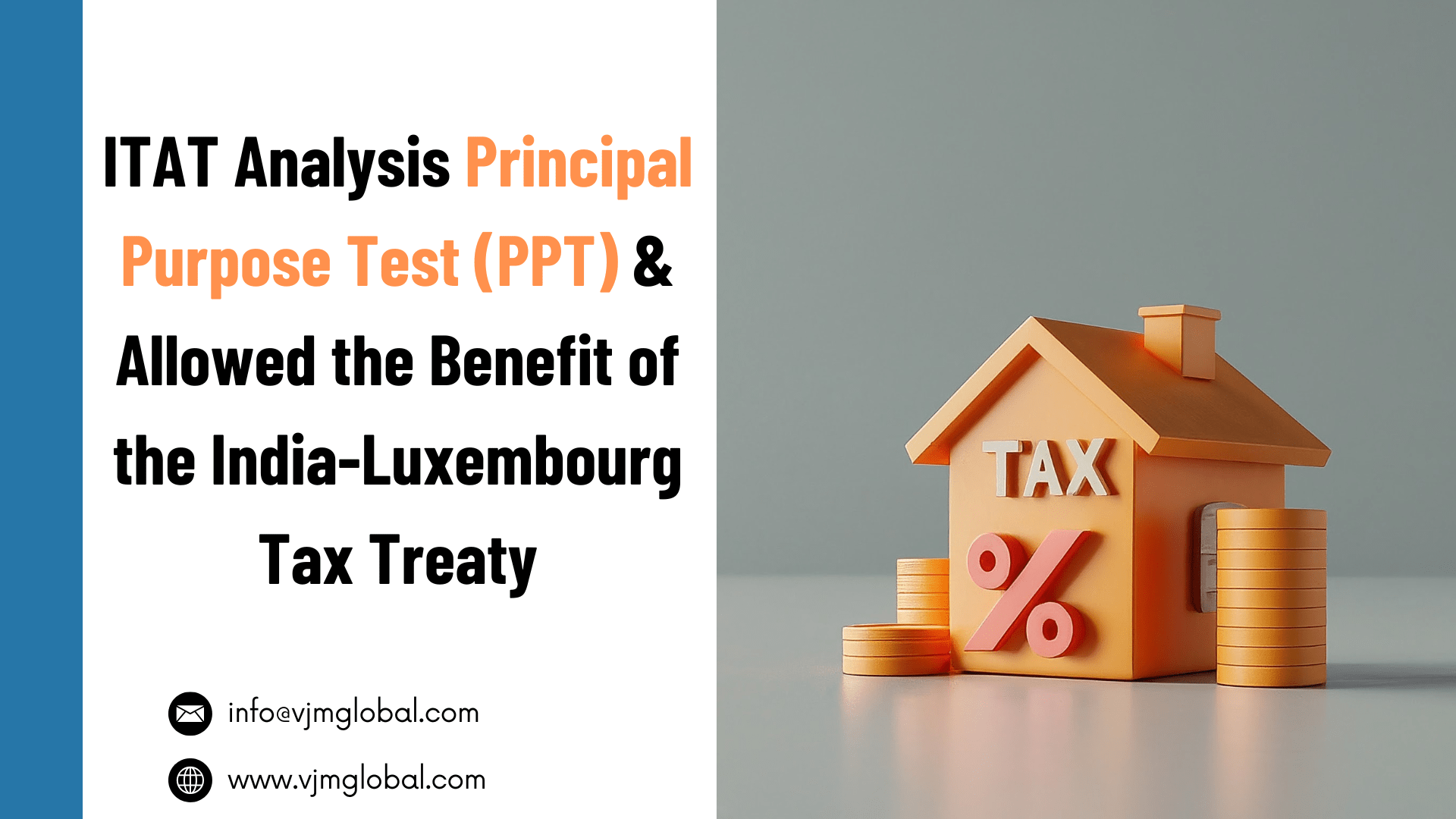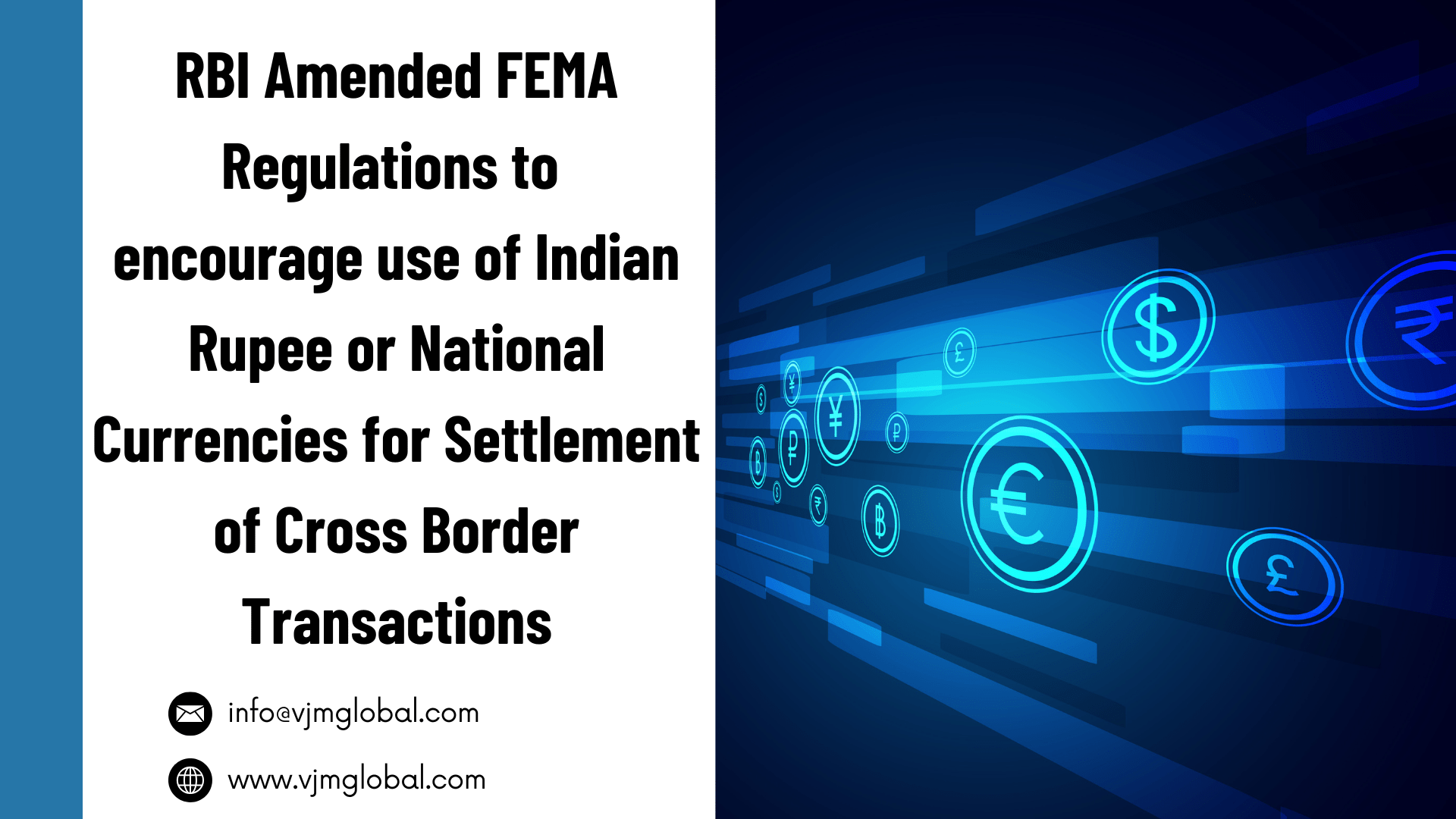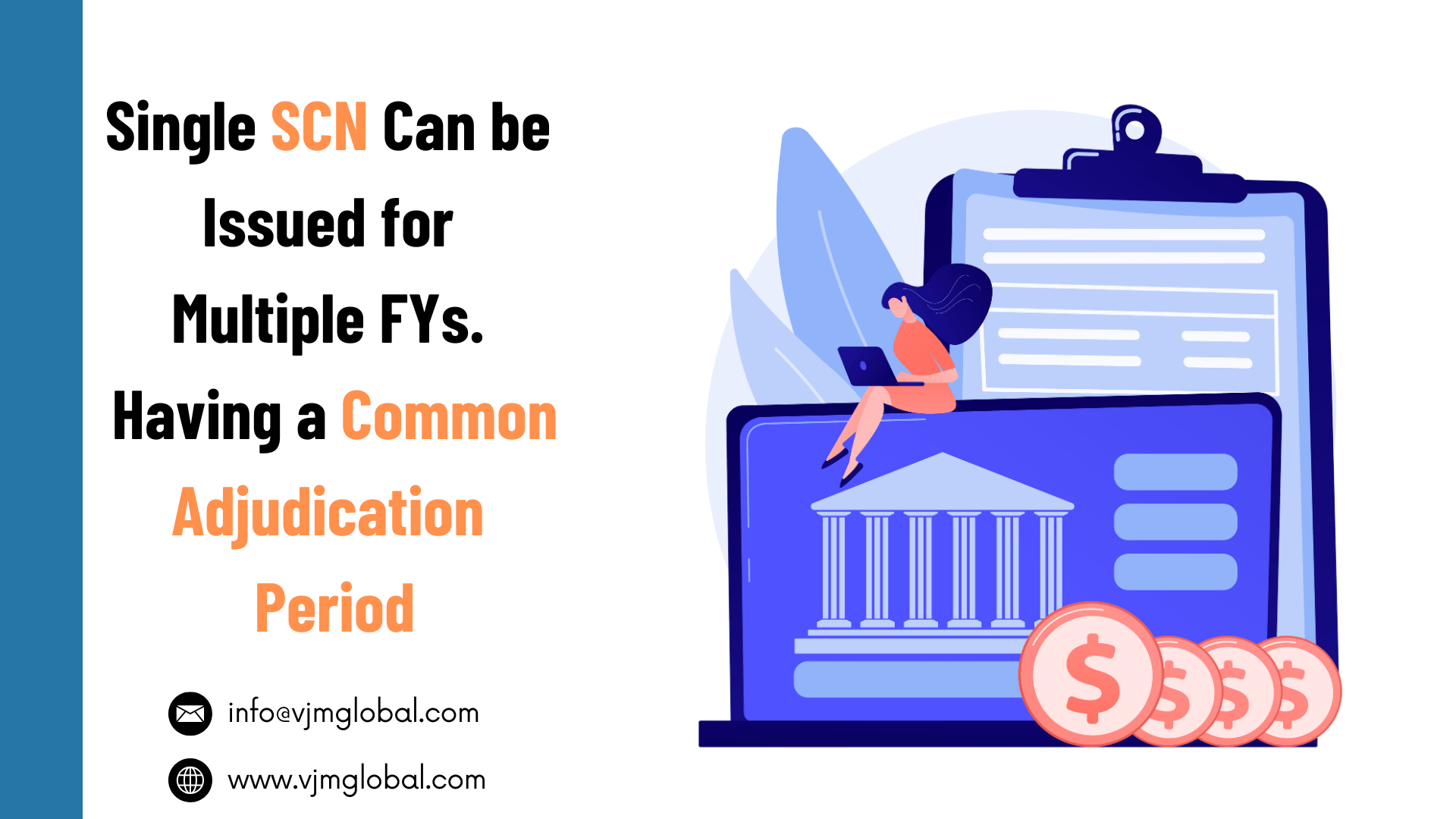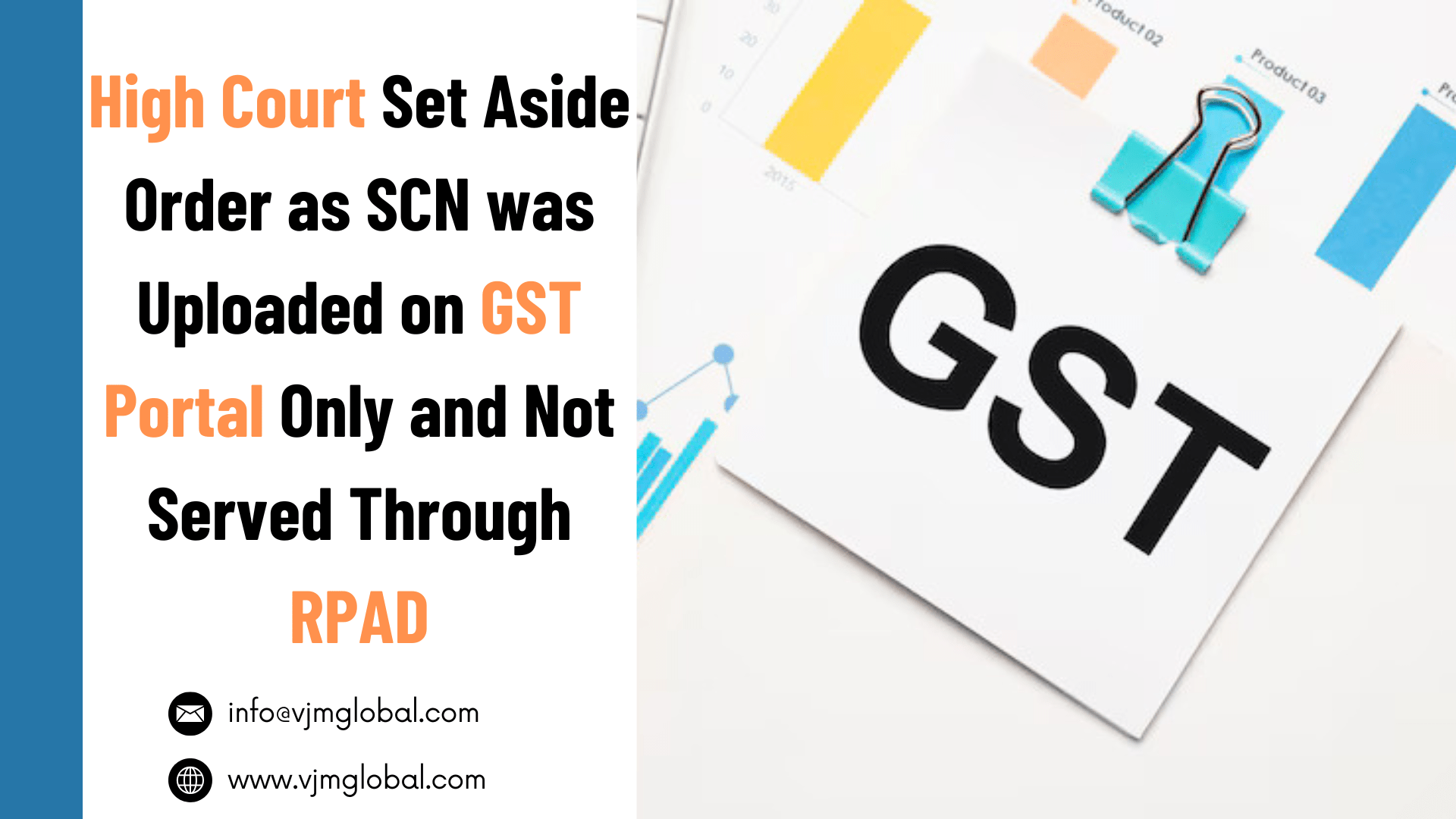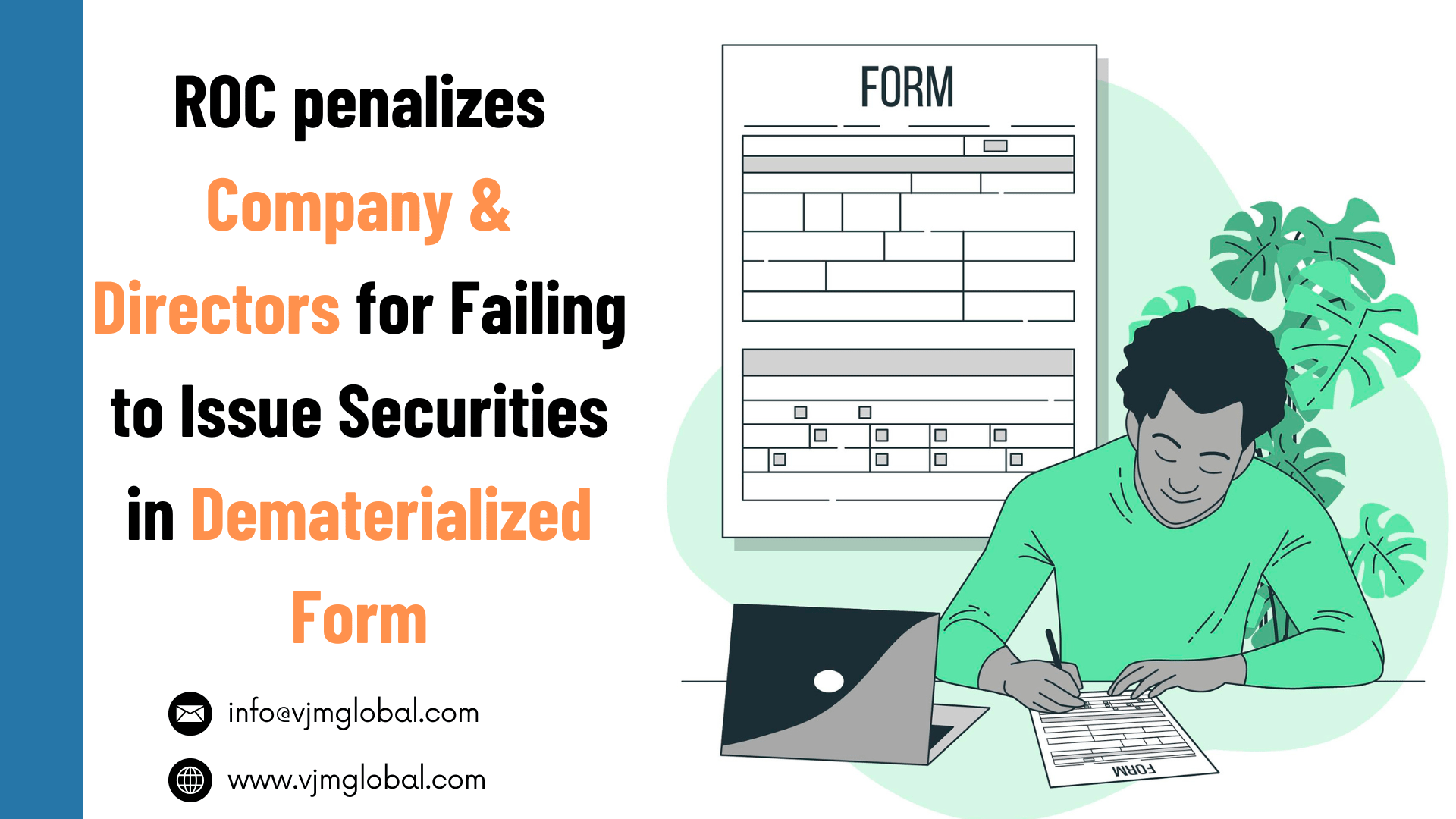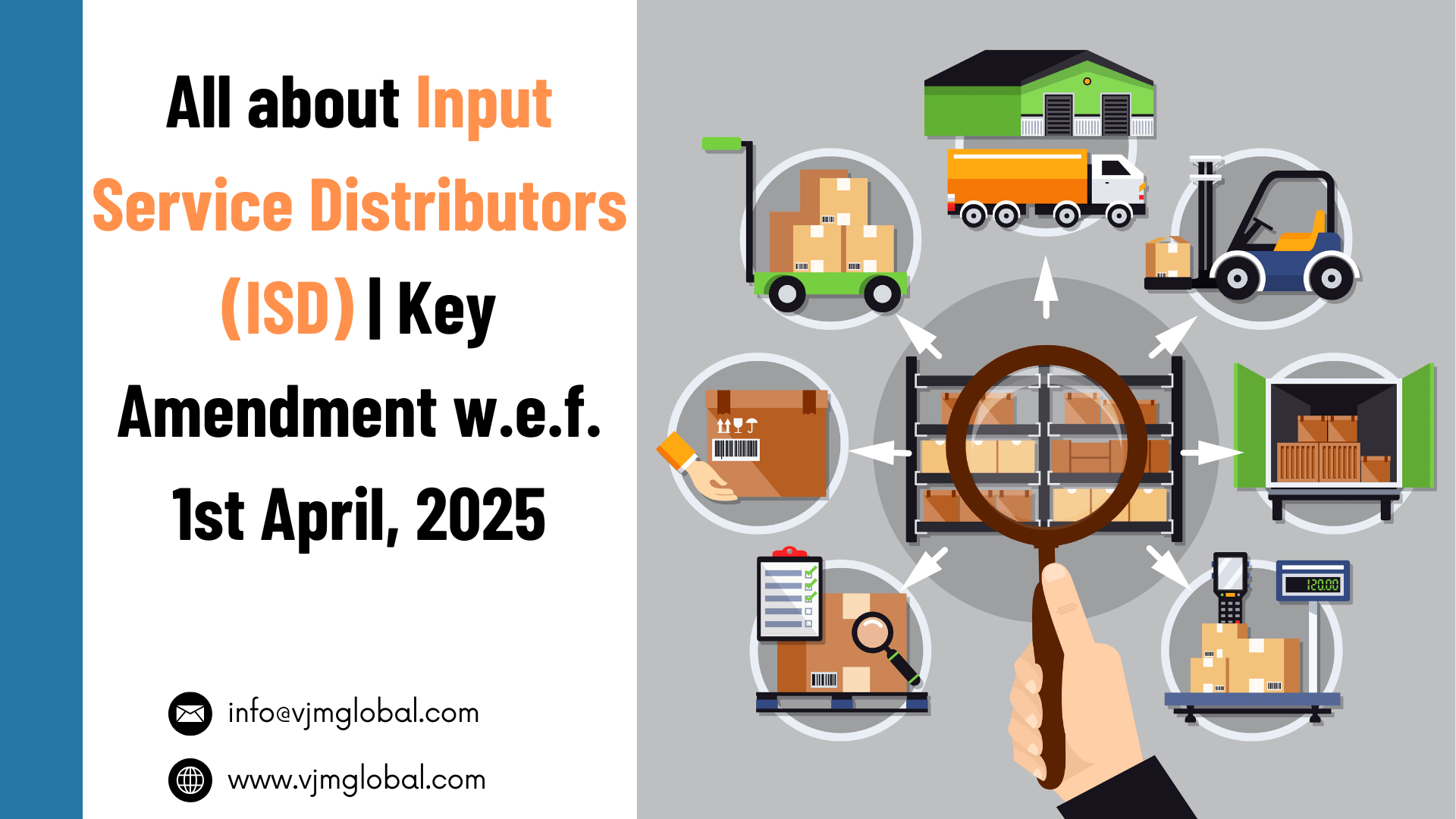Over the last few years, the entire India has come into one fist. It allows a person sitting on one end of India to buy a product from the seller sitting at the other end of India without any hesitation in making payment online. India has witnessed a huge advancement in the fintech domain. Payments are managed in India by the Reserve Bank of India under the Payment and Settlement System Act, 2007.
Till 1st April 2020, electronic payment transactions were governed by “Directions for opening and operation of accounts and settlement of payments for electronic payment transactions involving intermediaries” issued wide circular DPSS.CO.PD.No.1102/02.14.08/2009-10 dated November 24, 2009. With effect from 1st April 2020, guidelines were replaced by “Guidelines on Regulation of Payment Aggregators and Payment Gateways” issued vide circular No. RBI/DPSS/2019-20/174 dated 17th March, 2020.
This article discusses in detail the guidelines and regulations of payment aggregators and Payment Gateways
1. Meaning of Payment Aggregator and Payment Gateways
These terms are often used interchangeably in common parlance. However, there is a difference in both the terms as per the activities performed.
1.1 Payment Aggregator (PAs):
- Payment Aggregators (PAs) are entities that facilitate e-commerce sites and merchants to accept various payment instruments from the customers for completion of their payment obligations without the need for merchants to create a separate payment integration system of their own.
- PAs facilitate merchants to connect with acquirers. In the process, they receive payments from customers, pool, and transfer them to the merchants after a time period.
1.2 Payment Gateways (PGs):
- PGs are entities that provide technology infrastructure to route and facilitate the processing of an online payment transaction without any involvement in the handling of funds.
- Therefore, PGs are technological solutions that serve as an intermediary between customers and merchant banks; they securely transmit encrypted payment data.
- Payment gateways ensure secure transmission of funds through the performance of various fraud checks on customers’ credit card Information. However, it doesn’t handle the funds.
2. Applicability of Guidelines on PAs and PGs
As per the circular, the guidelines shall apply to PAs and PGs in the following manner:
a. Payment Aggregators:
- Guidelines issued by RBI shall apply to PAs only. PAs shall also adopt the technology-related recommendations provided in the circular.
- Domestic leg of import and export-related payments facilitated by PAs shall also be governed by these instructions.
- The guidelines do not apply to the Cash on Delivery (CoD) e-commerce model.
b. Payment Gateways:
- As a measure of good practice, the PGs may adhere to baseline technology-related recommendations. However, PGs are not mandatorily required to follow the same.
- PGs shall be considered as ‘technology providers’ or ‘outsourcing partners’ of banks or non-banks.
- In the case of bank PG, the guidelines issued by Reserve Bank of India, Department of Regulation (DoR) vide circular No.DBOD.NO.BP.40/21.04.158/2006-07 dated November 3, 2006, on “Managing Risks and Code of Conduct in Outsourcing of Financial Services by banks” and other follow up circular(s) shall also be applicable.
3. Who is required to obtain Authorisation?
The following entities are required to obtain Authorisation:
- Bank Payment Aggregator: Banks provide PA services as part of their normal banking relationship and therefore, they do not require a separate authorisation from RBI.
- Non-bank Payment Aggregator: Non-Bank PAs shall be required to obtain authorisation from RBI under the Payment and Settlement Systems Act, 2007 (PSSA).
Other Points to be considered:
- PA shall be a company incorporated in India under the Companies Act, 1956 / 2013. Accordingly, The Memorandum of Association (MoA) of the applicant entity must cover the proposed activity of operating as a PA.
- As a part of transition provisions, Existing non-bank PAs were required to obtain authorization on or before June 30, 2021.
- The companies are required to obtain authorization from the RBI under the PSS Act and the application for the same shall be filed in Form A to the Department of Payment and Settlement Systems (DPSS), RBI, Central Office, Mumbai.
- Entities regulated by any of the financial sector regulators shall apply along with a ‘No Objection Certificate’ from their respective regulator, within 45 days of obtaining such a clearance.
- E-commerce marketplaces providing PA services shall be required to apply for authorization on or before June 30, 2021.
4. Capital Requirement
The entities performing Payment Aggregator Activities are required to maintain a minimum net worth of the following amounts”
- PAs existing on the date of this circular are required to achieve the following amount of net worth by the corresponding date:
| By 31st March, 2021 | 15 Crores |
| On or before March 31, 2023 | 25 Crores |
| All the time thereafter | 25 Crores |
- New PAs shall have a minimum net worth of the following amount:
| At the time of filing application | 15 Crores |
| By the end of 3rd Financial Year | 25 Crores |
| All the time thereafter | 25 Crores |
- Net worth shall consist of:
- Paid-up equity capital,
- preference shares that are compulsorily convertible to equity,
- free reserves,
- balance in the share premium account; and
- capital reserves representing surplus arising out of sale proceeds of assets
However, it shall not consist of the following:
- Reserves created by revaluation of assets adjusted for accumulated loss balance,
- book value of intangible assets and deferred revenue expenditure, if any.
Other Points:
- Entities having FDI shall be guided by the Consolidated FDI policy and the relevant foreign exchange management regulations on this subject.
- Compliance with net-worth requirements shall be substantiated through a CA Certificate.
- PAs that are not able to comply with the net-worth requirement within the stipulated time frame shall wind up payment aggregation business. The banks maintaining nodal / escrow accounts of such entities shall monitor and report compliance in this regard.
5. Governance
- As per the Circulars, the PAs shall be professionally managed. The promoters of the entity shall satisfy the fit and proper criteria prescribed by RBI.
- The RBI shall also check the ‘fit and proper’ status of the applicant entity by obtaining inputs from various sources. Applications of those entities not meeting the eligibility criteria, or those which are incomplete shall be returned.
- Any takeover or acquisition of control or change in management of a non-bank PA shall be communicated by way of a letter to the RBI within 15 days with complete details. RBI shall examine the ‘fit and proper’ status of new management and may place suitable restrictions on such changes if required.
- Agreements between PAs, merchants, acquiring banks, and all other stakeholders shall clearly delineate the roles and responsibilities of the involved parties in sorting/handling complaints, refund / failed transactions, return policy, etc.
- PAs shall disclose comprehensive information regarding merchant policies, customer grievances, privacy policies, and other terms and conditions on the website and/or their mobile application.
- PAs shall appoint a Nodal Officer responsible for regulatory and customer grievance handling functions. PAs shall prominently display details of the nodal officer on their website.
6. Conclusion
Payment Aggregators are governed by detailed guidelines and they are required to obtain authorisation from the RBI before commencing operations. The Payment Aggregator is also required to maintain minimum net worth and PAs must be managed by professional persons.

